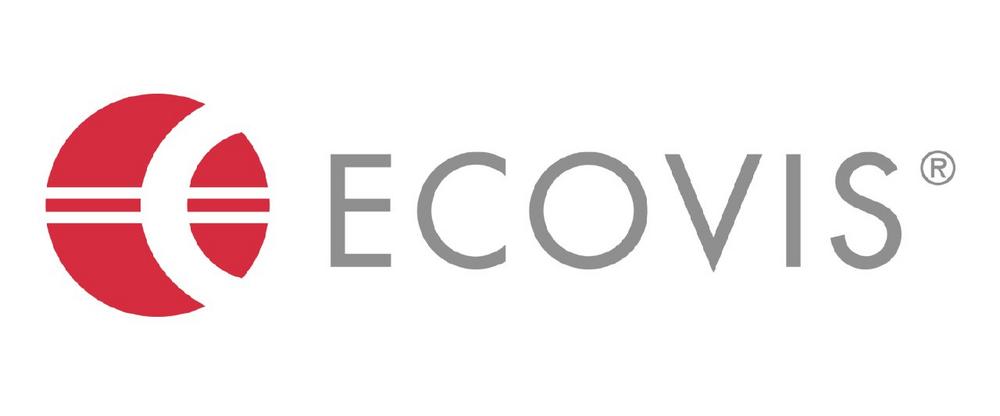Secondly, in Re AMT Coffee v McCallum-Toppin [2019] EWHC 46 (Ch) the failure of directors to give consideration in good faith to the payment of dividends can be unfairly prejudicial to the interests of the minority shareholders and entitle them to a remedy. English laws allow those who have been unfairly prejudiced to seek any remedy the court thinks fit. In this case, as in many such cases, the court ordered the majority shareholders (who were also the directors) to buy out the claimants, at market value and without any discount, simply because they could not prove that they had considered in good faith paying dividends.
Thirdly and finally, BTI 2014 LLC v Sequana [2019] EWCA Civ 112 shows again the importance of making absolutely sure dividends are lawful.
A company (AWA) paid dividends of over $800m to Sequana, its parent, some of which dividends were set-off against Sequana’s debt to AWA. AWA had ceased to trade but had contingent and unknown liabilities for historic pollution of the Fox and Kalamazoo Rivers, which liabilities were later estimated at likely more than $1bn. The lawfulness of both the dividends and the reduction of the Sequana debt were attacked by the new owners of AWA.
This was the first time a court had looked at a dividend paid well before the company was actually insolvent. The Court of Appeal found that, even when a company’s circumstances fall short of actual insolvency, a common law duty to have regard to creditors‘ interests can arise in paying a dividend if the directors knew or should have known that the company was or was likely to become insolvent. In fact, the Court of Appeal agreed that the directors had not been in breach of that duty (and confirmed that “likely to become insolvent” means “probably will become insolvent”).
The Court also held that dividends are not gifts but dividends can be challenged as unlawful payments for the purpose of putting assets beyond the reach of creditors.
At a glance: What recent court cases have said about dividends
- Unlawful dividends cannot be reclassified after the event as salary in order to render them lawful.
- The failure of directors to give consideration in good faith to the payment of dividends can be unfairly prejudicial.
- Even when a company’s circumstances fall short of actual insolvency, a common law duty to have regard to creditors‘ interests can arise in paying a dividend.
- Dividends can be challenged as unlawful payments for the purpose of putting assets beyond the reach of creditors.
Author:
Mark Lucas, Partner – Corporate & Commercial, Barlow Robbins LLP, UK
Email: MarkLucas@BarlowRobbins.com
Ecovis is a leading global consulting firm with its origins in Continental Europe. It has over 6,500 people operating in over 70 countries. Its consulting focus and core competencies lie in the areas of tax consultation, accounting, auditing and legal advice.
The particular strength of Ecovis is the combination of personal advice at a local level with the general expertise of an international and interdisciplinary network of professionals. Every Ecovis office can rely on qualified specialists in the back offices as well as on the specific industrial or national know-how of all the Ecovis experts worldwide. This diversified expertise provides clients with effective support, especially in the fields of international transactions and investments – from preparation in the client’s home country to support in the target country.
In its consulting work Ecovis concentrates mainly on mid-sized firms. Both nationally and internationally, its one-stop-shop concept ensures all-round support in legal, fiscal, managerial and administrative issues.
The name Ecovis, a combination of the terms economy and vision, expresses both its international character and its focus on the future and growth.
ECOVIS AG Steuerberatungsgesellschaft
Ernst-Reuter-Platz 10
10587 Berlin
Telefon: +49 (30) 310008555
Telefax: +49 (30) 310008556
http://www.ecovis.com
ECOVIS AG Steuerberatungsgesellschaft*
Telefon: +49 (89) 5898-266
E-Mail: gudrun.bergdolt@ecovis.com
